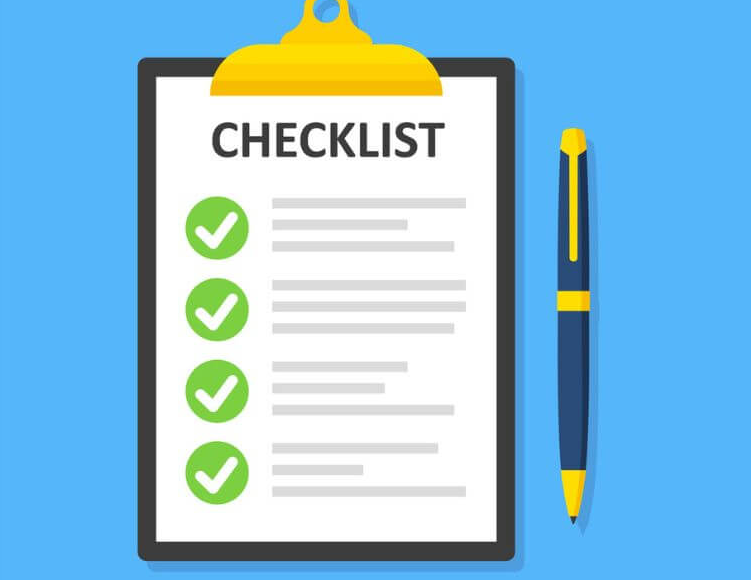Bankruptcy Document Checklist: What to Bring to Your Bankruptcy Consultation

Bankruptcies can be challenging and overwhelming, but proper preparation can make a significant difference. A crucial aspect is preparing a comprehensive bankruptcy document checklist for your consultation.
Learn what key documents you need to bring and understand bankruptcy timelines, common issues, and the pivotal role of a lawyer from a reputable firm like Wh Law.
Contents
Essential financial documents
You must gather all essential financial documents when preparing for your bankruptcy consultation. These documents provide a snapshot of your financial situation and serve as a guide through the bankruptcy process.
A bankruptcy document checklist can be invaluable in following and ensuring you’ve covered all bases. This checklist should include bank statements, bankruptcy forms, pay stubs, tax returns, debts, and assets. Don’t overlook details like a credit report, current monthly income, mortgage statements, and car loans.
It’s also essential to include legal judgments or ongoing obligations, such as a marital settlement agreement, alimony, or child support.
Addressing missing documents
Despite your best efforts, you might be unable to locate certain financial documents required for your bankruptcy consultation. Inform your bankruptcy trustee, and they’ll guide you on what to do.
In some cases, you may be allowed to fill out your bankruptcy forms using the best information available and other documents due to you. You may also need to provide additional documents as substitutes for the ones you can’t find.
Understanding bankruptcy timelines
During your bankruptcy consultation, your attorney will guide you through bankruptcy timelines, which can vary depending on the complexity of your case and the type of bankruptcy you’re filing.
Generally, a Chapter 7 bankruptcy can be completed in three to six months, while a Chapter 13 bankruptcy usually lasts three to five years. But remember, these timelines start only after all necessary documents have been submitted and the filing fee has been paid.
Common bankruptcy proceedings issues
Navigating the bankruptcy process, you’ll likely encounter a few common issues that can complicate proceedings. During your bankruptcy consultation, your attorney will identify potential issues when filing for bankruptcy.
Common bankruptcy proceedings issues often include disputes over asset valuations, challenges from creditors, or questions around eligibility.
The role of a bankruptcy lawyer
You’ll find that a bankruptcy lawyer plays a crucial role when you file bankruptcy. The role of a bankruptcy lawyer goes beyond just paperwork to hold claims secured.
They provide legal advice, represent you in court, and negotiate with creditors on your behalf. Your lawyer will evaluate your financial situation and help you decide if bankruptcy is right.
Also, they’ll advise on the type of bankruptcy that suits your case. Having the proper documents for your consultation will help your bankruptcy lawyer make the best possible bankruptcy case for you.
Required and additional documents
Required documents typically include your bankruptcy petition, which outlines your financial situation and intentions. These documents needed, along with other financial documents like bank statements, tax returns, and pay stubs, form a comprehensive statement of financial affairs.
Individuals filing also need a driver’s license or social security number for identification and a detailed list of their creditors, including their names, addresses, and claim amounts.
A document checklist can help ensure you don’t miss any crucial paperwork. Remember, these and other documents fully picture your financial situation, so be thorough and accurate.
Before filing for bankruptcy, you must complete a credit counseling course, which is a critical requirement. This course prepares you for bankruptcy filing and aids in creating a feasible budget.
At your bankruptcy consultation, bring along the paperwork showing you’ve completed credit counseling. This proof is essential as it forms part of your individual debtor’s schedules. Remember, the court won’t process your filing without it.
Final words
Navigating bankruptcy can feel daunting, but you can make the process smoother with the proper preparation. Remember to bring all essential documents to your consultation, seek help if you’re missing certain documents, and understand the timelines involved. Armed with transparency and diligence, you’re well-equipped to tackle this challenge head-on.






